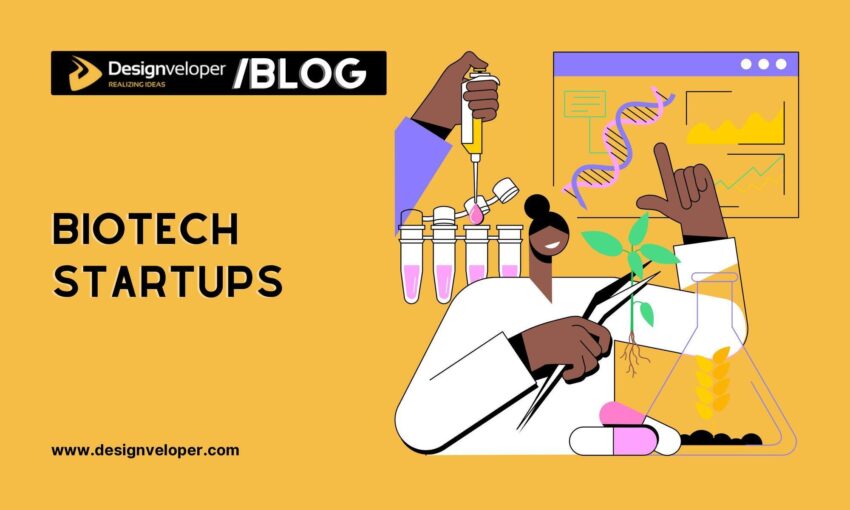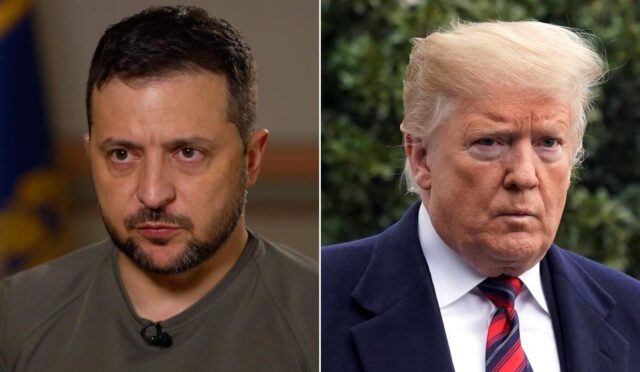NATO Innovation Fund Backs UK-Based Startup
NATO’s Innovation Fund (NIF) has announced its first investment in a UK-based biotechnology startup named Portal Biotech. The startup has developed a groundbreaking technology that leverages artificial intelligence and biological sensors to sequence single molecules of proteins. This innovative approach allows for the rapid detection of engineered biological threats, making it a valuable asset in current defense strategies.
This advanced technology is uniquely designed for field deployment, enabling operators to receive results within hours, a significant reduction compared to traditional procedures that can take days. According to Portal CEO Andy Heron, the system is capable of identifying both known and unknown pathogens, thus providing a crucial tool in biological threat detection.
NATO Innovation Fund and Its Commitments
The NIF is recognized as the world’s first multi-sovereign venture capital fund, with 24 NATO member nations collectively pledging 1 billion euros (approximately $1.17 billion) to support startups that are innovating solutions to bolster defense and security measures. As part of this initiative, the fund is co-leading a significant $35 million fundraising round for Portal Biotech, collaborating with noted firms including Earlybird Venture Capital, Science Creates VC, Pillar VC, 8VC, We VC, and the British Business Bank.
This level of financial backing highlights the growing interest in dual-use technologies that can benefit both military and civilian sectors—a focus that is critical as the landscape of threats continues to evolve.
Dual-Use Technology and Its Applications
Portal Biotech’s technology is in alignment with NATO’s wider objective to promote dual-use innovations aimed at improving defenses against a range of emerging threats, particularly those arising from advancements in biotechnology. Beyond its military applications, the technology is versatile enough to aid in various medical fields, such as disease measurement and pandemic prevention.
CEO Andy Heron emphasized that this technology streamlines the process by which field operatives can conduct tests, removing the need for lengthy lab analyses. This adaptability also makes it useful in drug discovery and precision medicine, as well as for continuous environmental monitoring.







